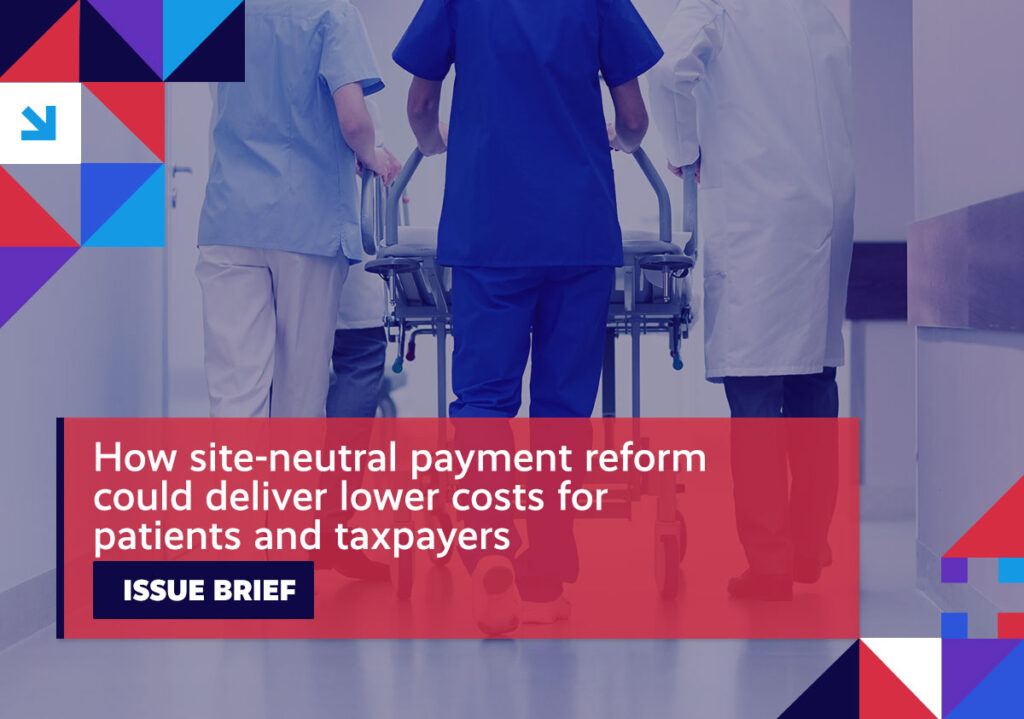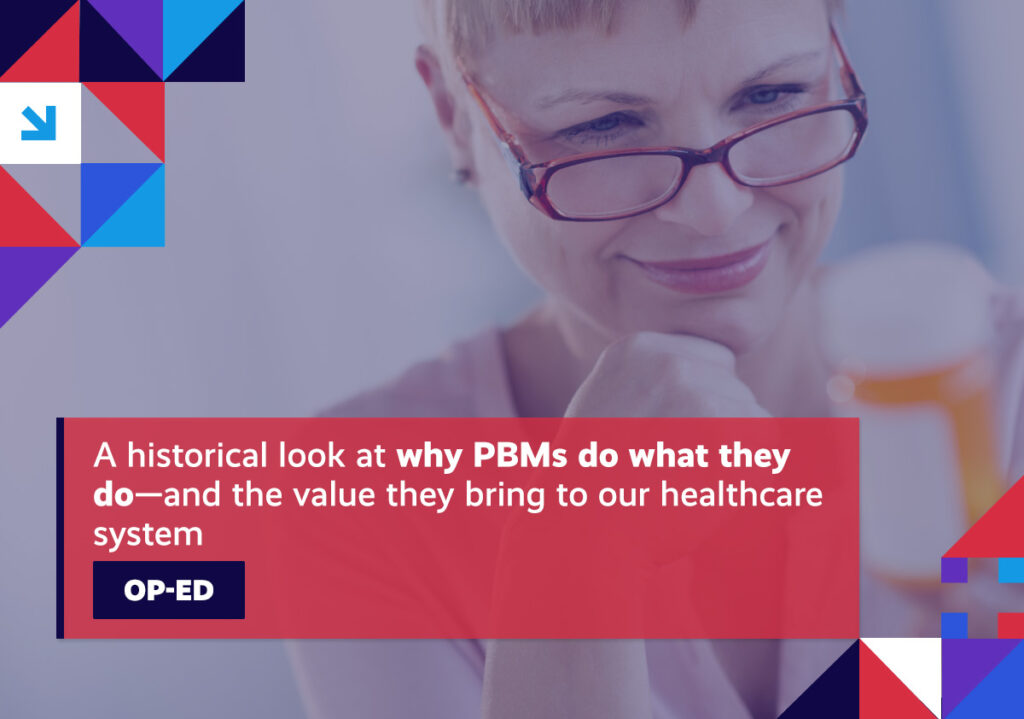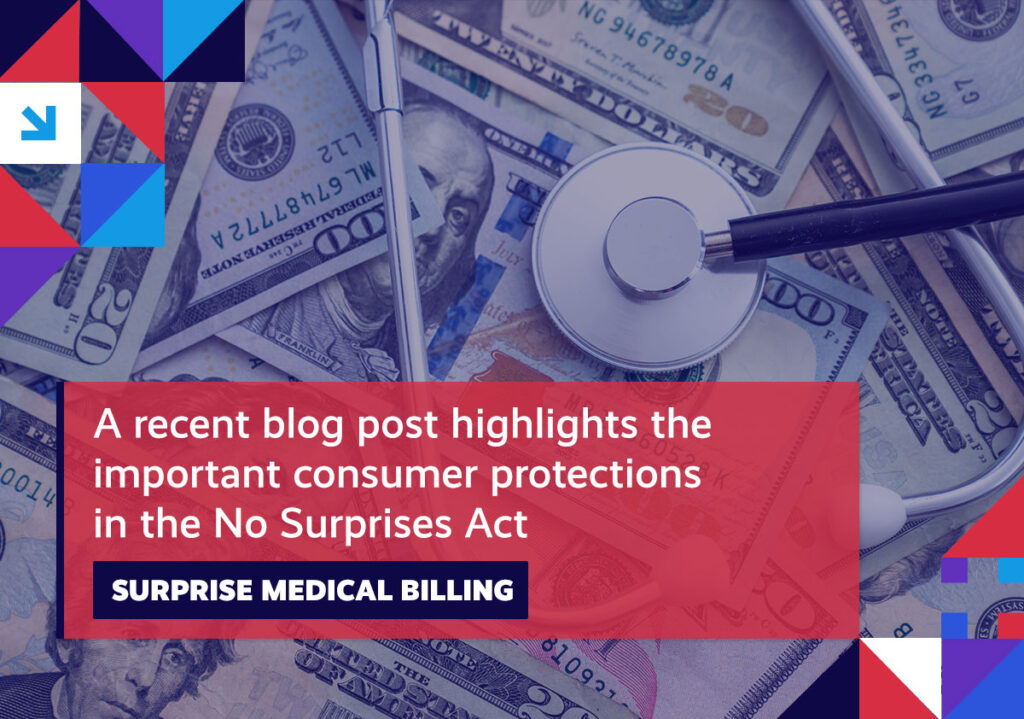A quick roundup of the issues driving the healthcare reform conversation.
Item of the Week

Spotlight
DEFENDING MA Stakeholders continue to urge the Administration to back off proposed cuts and policy changes to Medicare Advantage.
Further context: In addition to health plans and trade groups, healthcare providers have also blasted the Administration’s proposed cuts to Medicare Advantage (MA), contending that these changes to MA’s payment policies could wind up hurting patients.
What it means: Analysis after analysis has pointed out the methodological flaws in the changes that the Centers for Medicare & Medicaid Services (CMS) has proposed to MA’s risk adjustment model, which reimburses health plans based on the underlying health status of patients.
On top of that, despite CMS’ claims, additional analyses have determined that the proposed rate changes actually constitute a more than 2 percent cut to the program next year.
Take Action: Thousands of Health Action Network advocates, like you, have already stepped up, urging lawmakers to protect the millions of Americans enrolled in MA plans from the increased premiums, higher out-of-pockets costs, loss of benefits, and limited access that would all result from these proposed cuts. If you haven’t already, take action today!
MA VALUE A pair of new studies offers compelling arguments as to why it’s so important to protect the integrity of the MA program.
Further context: According to new independent research, MA beneficiaries save more than $2,400 annually on out-of-pocket costs and premiums compared to traditional Medicare Fee-for-Service (FFS) enrollees.
Meanwhile, a separate, independent analysis takes a deep dive into the broad financial impacts to patient populations, geographies, and MA plans from CMS’ proposed changes to the program.
What it means: Taken together, the two studies show what’s at stake for the more than 30 million Americans who’ve chosen MA plans over FFS.
HOSPITAL BILLING A focus on site-neutral payments could save Medicare hundreds of billions of dollars.
Quick takeaway: Adopting broader site-neutral payment policies for Medicare would generate more than $470 billion in savings for the program, private insurance premiums, and enrollees’ out-of-pocket costs over the next decade.
Further context: Medicare currently pays more for the same medical services when they’re provided at hospital outpatient facilities as opposed to a physician’s office or other settings. Site-neutral payment policies would align those reimbursement rates.
What it means: According to a new cost impact analysis, addressing site-neutrality would add up to real savings:
- Medicare would save more than $200 billion
- Enrollees would save about $67 billion on Part D premiums, in addition to another $67 billion on cost-sharing
- Private health insurance plans would save roughly $107 billion – a reduction in aggregate premiums of .75 percent
On top of that, federal tax revenues would increase by nearly $30 billion.

PBM VALUE A new campaign seeks to correct the record on PBMs.
Further context: Big Pharma’s managed to successfully deflect attention away from their primary role in out-of-control prescription drug costs, but pharmacy benefit managers (PBMs) are pushing back by highlighting the valuable role they play in connecting consumers, employers, and government programs with quality, affordable drugs.
What it means: PBMs have launched a value campaign of their own, showcasing the work that they do every day to secure cost savings, enable better health outcomes, support access to quality prescription drug coverage, and promote competition.

Spotlight

| You can keep up with the latest by following the Health Action Network on Twitter and by liking us on Facebook. And, be sure to check us out on LinkedIn, too. As always, let us know if there’s something you’d like to see covered in a future newsletter. |
